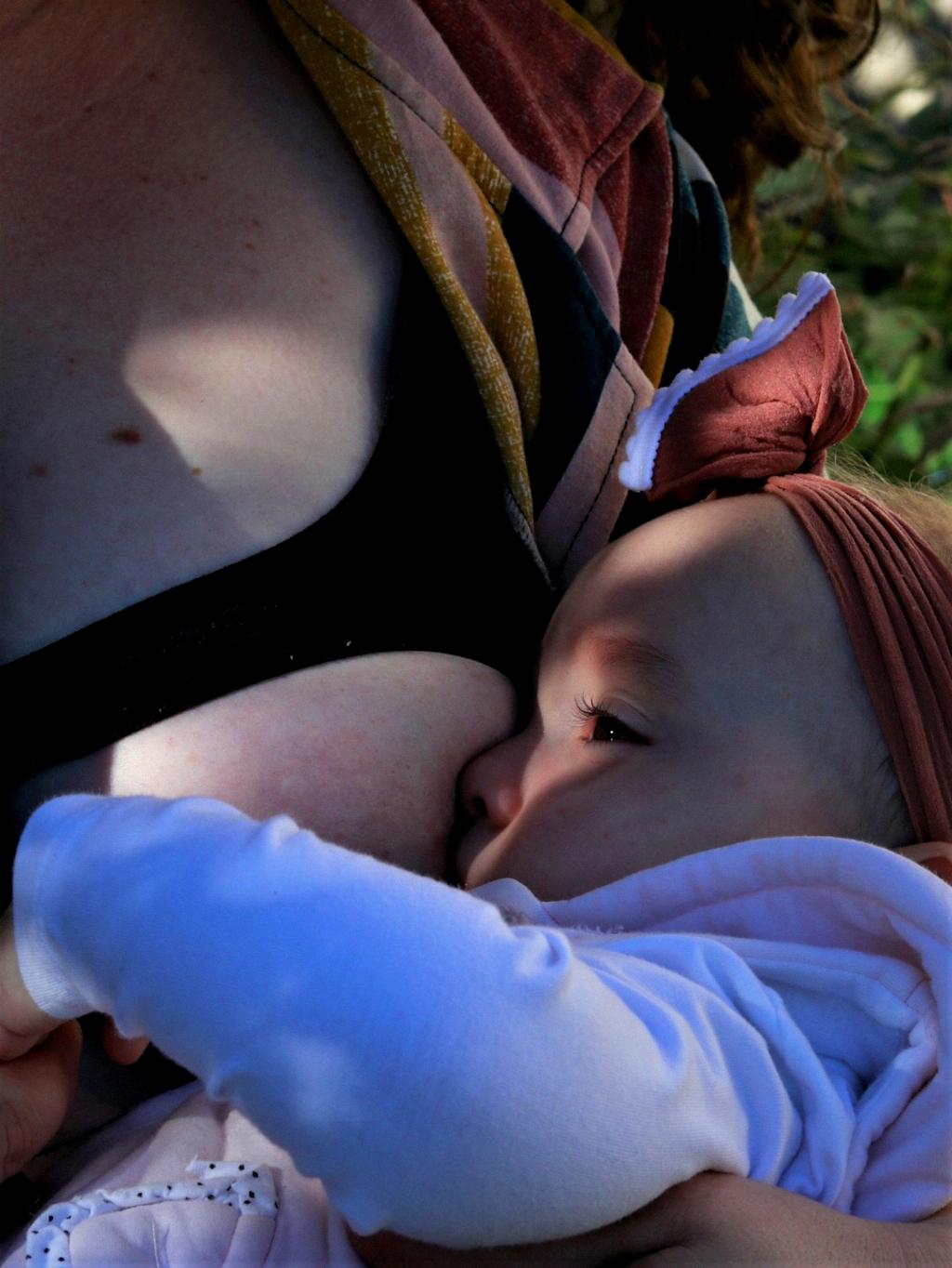For many breastfeeding mothers, the question of whether consuming alcohol will affect their milk supply is a common concern. While enjoying an occasional drink may seem harmless, it is important to understand the potential impact that alcohol can have on both milk production and the baby’s well-being.
Effects of Alcohol on Milk Production
Research suggests that even a small to moderate amount of alcohol can impair milk production and the milk ejection reflex. This means that consuming alcohol while breastfeeding may lead to a decrease in the overall volume of milk that is produced.
Potential Negative Effects on the Baby
Aside from its impact on milk production, alcohol consumption while breastfeeding can also have negative effects on the baby. Some of these effects may include sleep disturbances, increased crying, and changes in feeding patterns.
Alcohol Metabolism and Transfer to Breast Milk
When you consume alcohol, your body metabolizes it and the alcohol eventually transfers to your breast milk. The concentration of alcohol in breast milk peaks approximately 30-60 minutes after consumption, and it takes 2-3 hours for the alcohol to clear from your system.
Factors Affecting Alcohol Transfer to Breast Milk
Several factors can influence the amount of alcohol that is transferred to breast milk, including the amount of alcohol consumed, body weight, and the time elapsed since consumption. It is important to note that pumping and dumping does not eliminate alcohol from breast milk.
Recommendations for Breastfeeding Mothers
Given the potential risks associated with alcohol consumption while breastfeeding, it is generally recommended that mothers avoid drinking alcohol, especially in large quantities. If you do choose to drink, it is advised to wait at least 2-3 hours per drink before breastfeeding.
Alternative Options for Enjoying Social Occasions
If you are planning to attend a social event where alcohol will be present, consider alternatives such as non-alcoholic beverages or expressing and storing breast milk in advance. This can allow you to enjoy the occasion without compromising your milk supply or the well-being of your baby.
Seeking Professional Guidance
If you have any concerns or questions about alcohol consumption and its impact on breastfeeding, it is always best to consult with a healthcare provider or a lactation consultant. They can provide personalized advice based on your individual circumstances.
Monitoring Your Baby’s Behavior
After consuming alcohol, it is important to monitor your baby’s behavior for any changes or unusual symptoms. If you notice any concerning signs, such as increased fussiness or difficulty feeding, it may be advisable to seek medical guidance.
Creating a Breastfeeding Plan
When making decisions about alcohol consumption while breastfeeding, it can be helpful to create a breastfeeding plan that aligns with your personal preferences and lifestyle. This plan can outline guidelines for alcohol consumption and breastfeeding intervals.
Conclusion
In conclusion, while one beer may not significantly impact your milk supply, it is essential to consider the potential risks and effects of alcohol on both milk production and your baby’s well-being. By making informed decisions and seeking professional guidance, you can ensure that your breastfeeding journey remains safe and successful.

